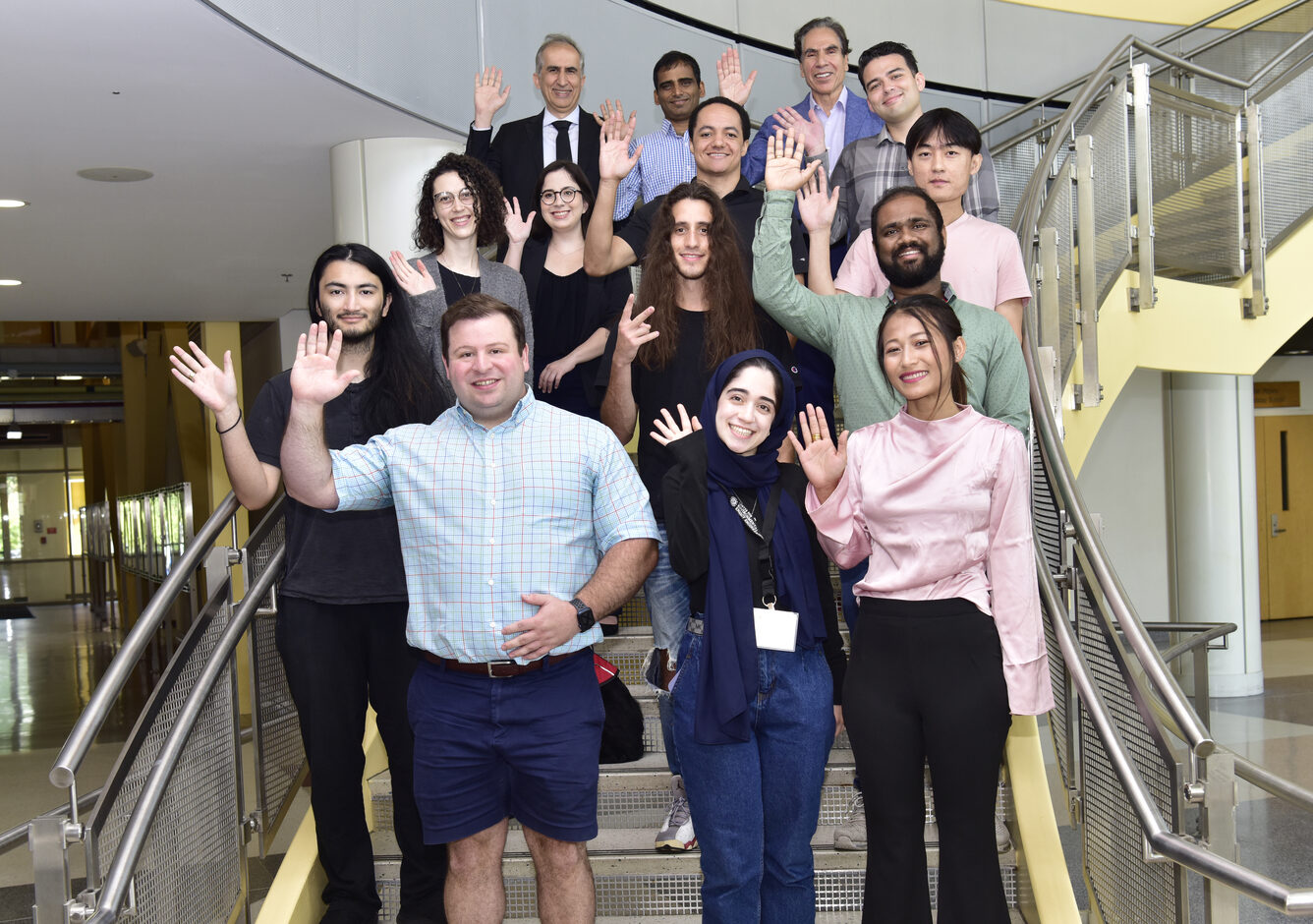180+
Alumni have launched their Careers from our Lab!
Our Mission
Pioneering Advanced Thermal Management Research: Innovating in heat transfer, heat exchangers and energy conversion systems.
Focus on Sustainability and Optimization: Advancing sustainable, high-performance, and miniaturized systems.
20+
Faculty, Staff, Students, and Graduates on our Team.
Transformative Applications: Driving innovation in heat exchanger design, manufacturing, and operation with diverse applications in multiple industries.
Commitment to Impact: Shaping a sustainable and technologically advanced future.

Smart and Small Systems Laboratory (S2TS)
The Small and Smart Thermal Systems Laboratory (S2TS) at the University of Maryland pioneers cutting-edge research and innovation in advanced thermal management, heat and mass transfer, and energy conversion systems. With a focus on sustainability, performance optimization, and system miniaturization, our mission is to develop transformative technologies for applications in energy, electronics cooling, process intensification, and advanced manufacturing. Aligned with the University of Maryland’s vision of fearlessly advancing solutions for excellence, impact, and the public good, S2TS is committed to driving innovation in thermal science and energy, shaping a sustainable and technologically advanced future.
Established in 1993 at the University of Maryland, College Park, the Small and Smart Thermal Systems Laboratory (S2TS) began its journey as the “EHD Lab,” reflecting its foundational focus on Electro Hydrodynamics (EHD). Early research at the lab centered on leveraging induced electric fields to control fluid flow and thermal behavior, making groundbreaking contributions to the development of small and smart thermofluidic systems. These advancements positioned EHD as a powerful technique for applications requiring active, on-demand process control.
By consistently transforming emerging technologies into practical, commercially viable solutions, S2TS and AHXPI have maintained their legacy of innovation and excellence. Today, the lab continues to shape the future of thermal systems while advancing the public good and exceeding sponsor expectations.
Advanced Heat Exchanger and Process Intensification (AHXPI) Consortium
Founded in 1993, the Advanced Heat Exchanger Process Intensification (AHXPI) Consortium, led by Dr. Ohadi, co-founder of the Center for Environmental Energy Engineering (CEEE), focuses on advancing heat and mass transfer technologies. With members from industry, research institutions, and government agencies, AHXPI drives innovation in miniaturized and smart heat exchangers, achieving breakthroughs in heat transfer, mass transfer, and thermal management systems.
By integrating experimental and analytical research, the consortium addresses challenges in feasibility, manufacturing, and operations, ensuring the readiness of these technologies for next-generation energy systems. Leveraging advanced manufacturing techniques, microfluidics, and micro-structured surfaces, AHXPI has introduced precise flow delivery systems and enhanced transport phenomena. These efforts have resulted in a robust knowledge base, enabling the successful integration of cutting-edge technologies into practical applications.
Recent developments, such as the Rapid Energy Auditor (REA) for efficient virtual energy audits, exemplify its commitment to impactful, real-world applications. AHXPI continues to lead in thermal systems research, shaping the future of energy technology.
Partnering with CALCE & CEEE
Through affiliations with the Computer Aided Life Cycle Engineering (CALCE) Center and the Center for Environmental Energy Engineering (CEEE) at the University of Maryland, S2TS leverages world-class expertise to advance thermal management and energy research.
CALCE, a global leader for over 35 years, specializes in reliability science, failure analysis, accelerated testing, and AI-driven lifecycle management for electronics. Similarly, CEEE focuses on sustainable energy systems, innovative thermal management, and energy efficiency. Access to premier facilities like the Maryland NanoCenter and Terrapin Works further enhances our ability to tackle complex challenges in thermal science and energy systems.

